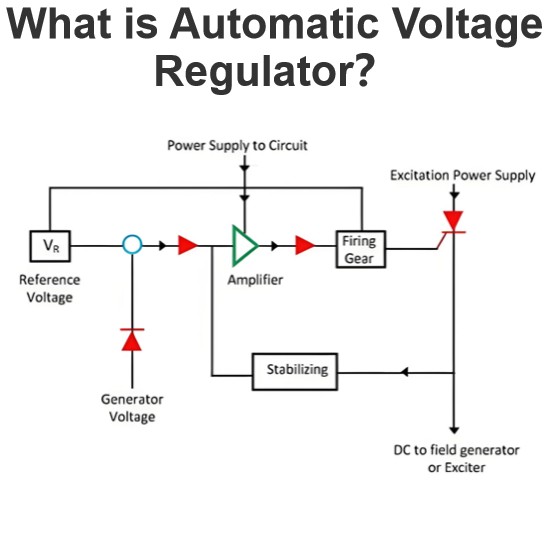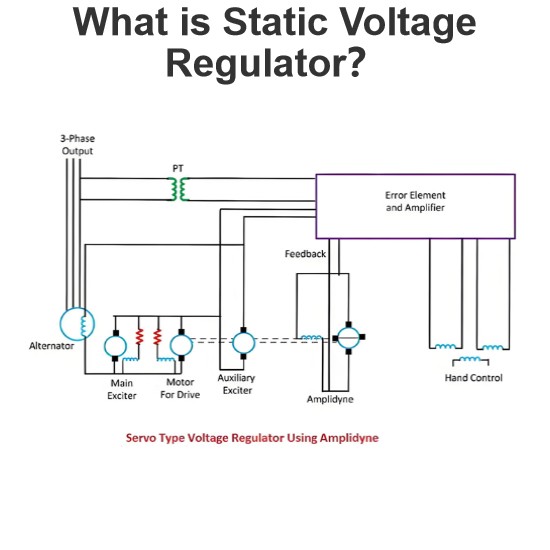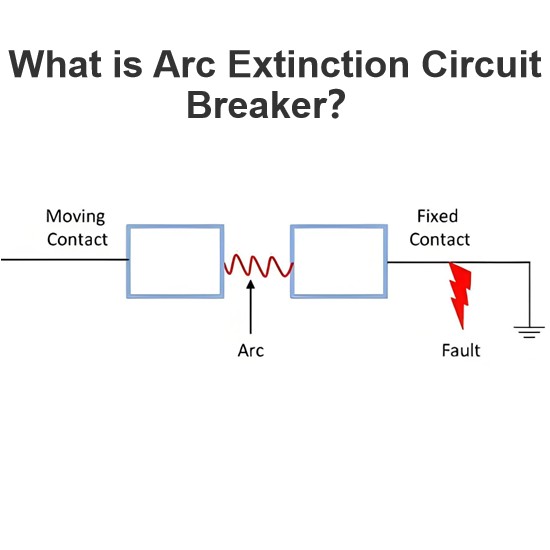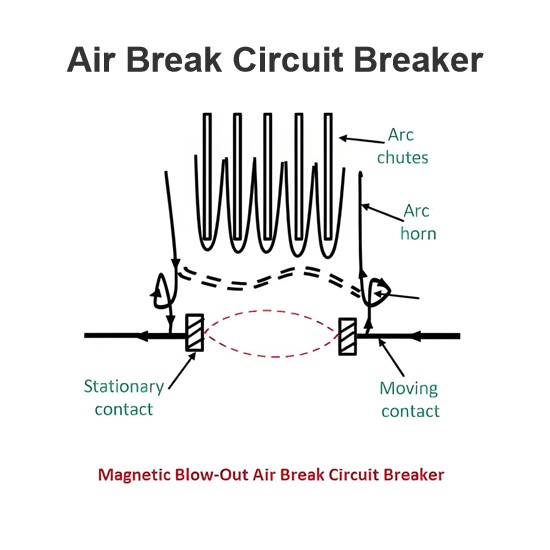What is Transformer Protection ?
What is Transformer Protection ?
Transformer Definition
A transformer is an electrical device that transfers electrical energy between circuits through electromagnetic induction.
Nature of Transformer Faults
Over current due to overloads and external short circuits
Terminal faults
Winding fault
Incipient faults
Transformer Protection
Transformer protection schemes are essential to prevent damages from faults and include devices like Buchholz relays and differential protection systems.
Common Faults
Transformer faults, such as overloads, winding issues, and short circuits, generate heat and stress that can deteriorate insulation and lead to equipment failure.
Fault Management
Managing transformer faults involves understanding the impact of winding connections and the use of earthing transformers to handle earth faults effectively.
Incipient Faults
Incipient faults in transformers, while not immediately dangerous, can develop into major issues if overlooked, highlighting the importance of regular maintenance and monitoring.
The Electricity Encyclopedia is dedicated to accelerating the dissemination and application of electricity knowledge and adding impetus to the development and innovation of the electricity industry.













